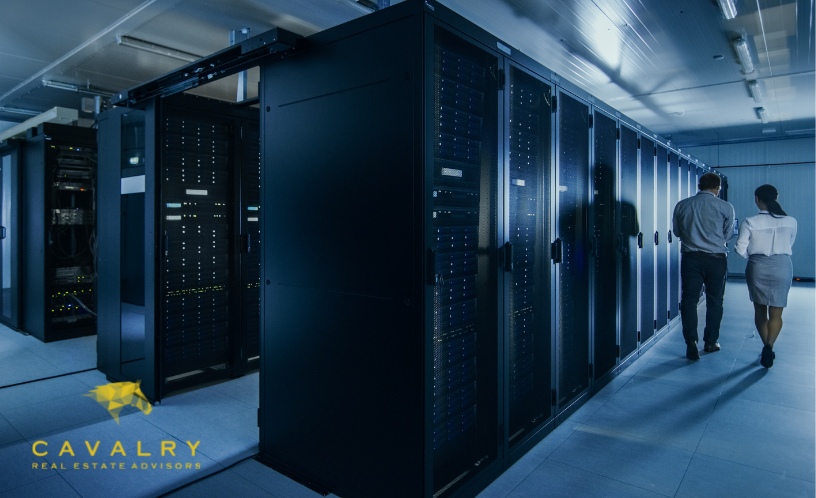A tale of data center valuation and taxes

Gather round, it’s story time. But first, let me introduce myself. I’m Galen, Cavalry’s resident data center valuation expert, continuing our series on data center taxation.
Today, you’ll hear a tale that encapsulates the importance of hiring a data center specialist for your appraisal or tax appeal.
Once upon a time, an appraiser friend of mine at another company was inspecting a high-end data center with a sister property in another state. After passing through multiple layers of security, my friend met with the head of facility operations for the tour. He asked “have you ever been in a data center before? Because the guy who inspected our other facility didn’t know anything.”
Yikes. They had used a local non-data center appraiser, who was supposedly very competent in other property types, to fulfill the inspection requirement for the sister facility. His team usually inspected each data center personally no matter the location. But because it was a very similar sister property, and they had a tight deadline, they opted for a local appraiser to inspect. The local appraiser had encountered a busy operations team on the wrong day and had unfortunately left a bad impression.
In sending a non-expert on the inspection, my friend didn’t consider the three reasons you should use a specialist.
Data centers are idiosyncratic
I’ve appraised other property types like golf courses and hotels that have unique jargon and metrics. However, data centers take the cake for sheer quantity of insider terminology and methods. For turnkey and colocation facilities, rents (or sometimes license fees) are usually measured (to the extent that they are measured) on a monthly basis in terms of dollars per kilowatt of critical power. That is often (though not always) limited by the redundant capacity (N+1, N+2, 2N, etc.) of uninterruptible power supply (UPS) systems. Still with me?
Those of us with data center valuation experience understand those terms. But that poor local appraiser must have walked around with the operations team listening to this foreign language of data center terminology and been lost.
Adding to their idiosyncratic nature, data centers have another challenging aspect…
Data center valuation is complex
The hardest property I’ve ever appraised was the going concern value of a carrier hotel data center. I’ve appraised regional malls with hundreds of leases that were simple by comparison. There were several reasons it was challenging. The primary one was it was incredibly complex with powered shell floors, multiple colocation data halls, cross-connect and access fees galore, and even office and retail components.
Thankfully, not all data centers have as many moving pieces. But in my experience they’re much more complex than a typical commercial property. At a minimum, you must understand multiple building systems and subsystems. This includes the electrical and HVAC infrastructure along with characteristics like the data center floor area and implied power density, number of fiber entrances to the site and building, number of utility substations serving the facility, etc. Even in the case of a powered shell facility, it’s still important to understand the end use.
I imagine that after walking through the fifth room of nondescript electrical equipment, the local appraiser must have entered a confused trance and began mumbling “what am I looking at?” – which leads to the third reason you need to use a specialist…
Novices can accidentally shut off the flow of information
It’s a vicious cycle. Because of their inexperience, novices can annoy and fail to communicate with the technical folks (a key source of information). That means missing critical opportunities to obtain information and learn about the facility, thereby reinforcing their lack of knowledge.
In my friend’s case, he did have data center valuation expertise, and was able to get past the bumpy start and get the operations head to start sharing information about both facilities. It’s a good thing too, because he told me that the information he collected later proved decisive when there was a key discrepancy about the systems in place, which is a common issue.
His story impressed upon me the importance of having a data center specialist involved in every aspect of an engagement. That includes the inspection, and I make sure our team at Cavalry doesn’t make the same mistake!
BACK TO ARTICLES